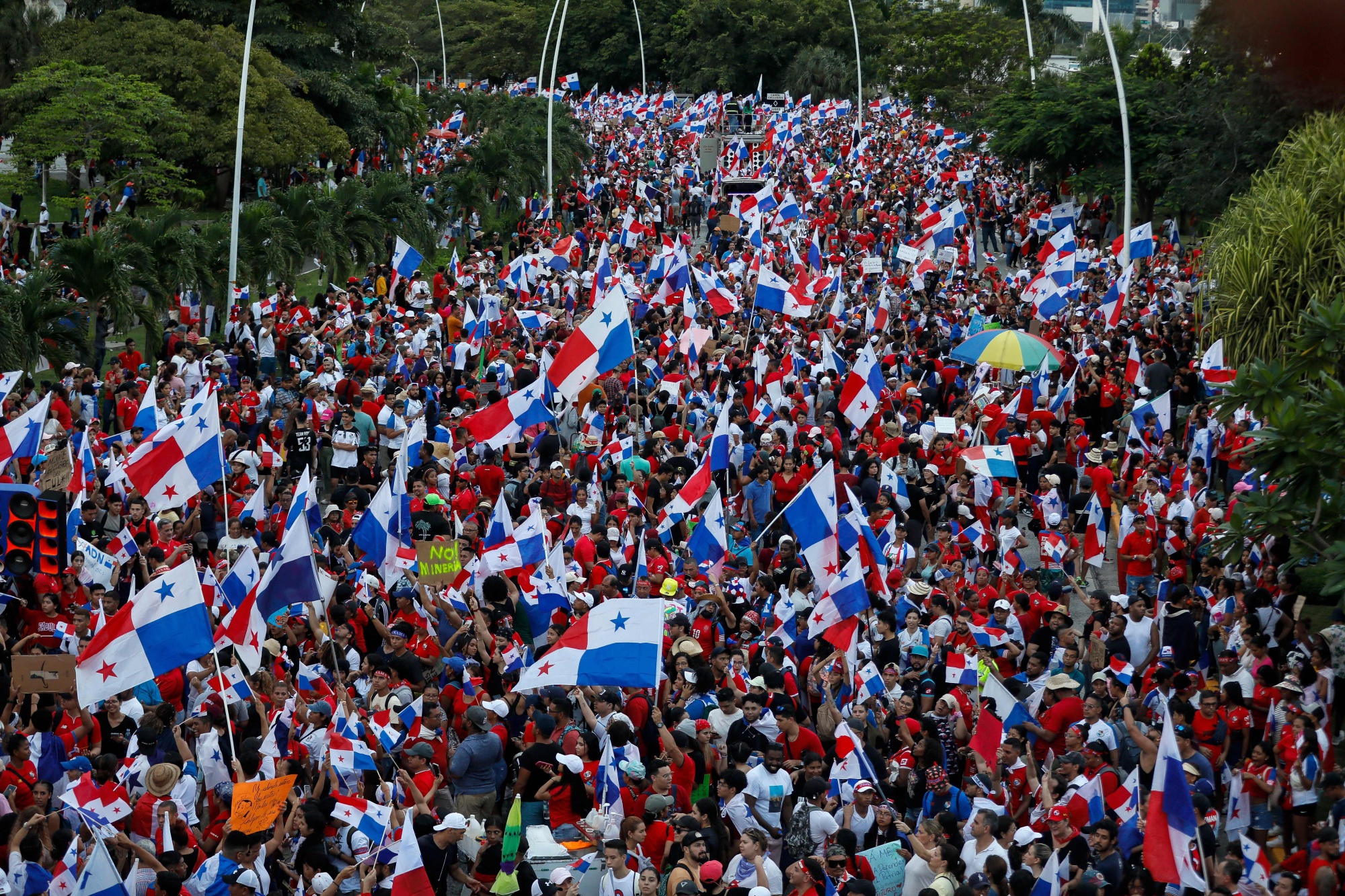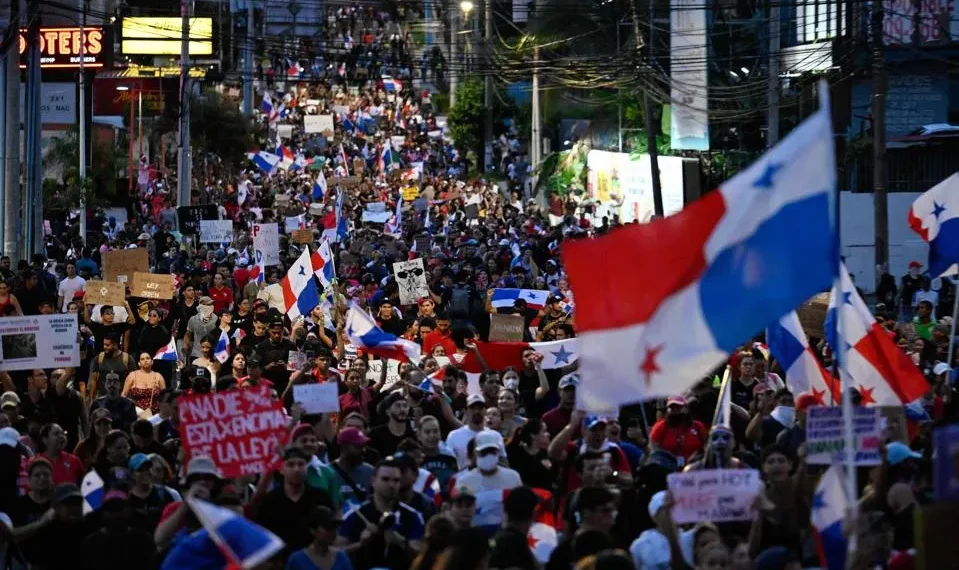Anti-mining demonstrations in Panama took a deadly turn when a man allegedly shot and killed two protesters during a clash. The incident occurred about 50 miles south of the capital, where an elderly man frustrated with a roadblock attempted to force demonstrators to clear the Pan American highway. A video captured the disconcerting scene, showing the man pulling out a pistol and firing. Panama’s National Police later apprehended the suspected gunman at the scene.
These violent events are the latest development in extensive protests, marking some of the largest in Panama since the 1980s. Tens of thousands of protesters have expressed their discontent with a contentious mining contract granted to Minera Panama, the local subsidiary of a Canadian mining company, First Quantum Minerals.
The contract permits the extraction of copper, a vital component in electric vehicle batteries, from an open-pit copper mine within a rainforest for the next 20 years, extendable for an additional 20 years.
Environmental concerns surround the mining project, with fears of water contamination and significant devastation to the rainforest. In exchange for annual payments of $375 million, the mining company negotiated the use of 32,000 acres. While the government promises job creation and revenue, opposition from environmentalists, indigenous groups, and unions has been robust, citing alleged backroom deals and widespread corruption.
The protests have caused significant disruptions, with roadblocks paralyzing the country, and affecting farmers, local businesses, and the population at large. The standstill results in estimated daily losses of $80 million to local businesses, impacting Panama’s economy already grappling with the effects of the pandemic and a reduction in Panama Canal traffic.

Despite concessions, including a moratorium on future metal mining and a proposed nationwide referendum, the crisis persists. President Laurentino Cortizo defends the mining deal, emphasizing its potential economic benefits.
However, the ongoing protests and a Supreme Court examination of the contract’s legality indicate a deepening crisis, potentially damaging Panama’s reputation for political and economic stability in the region.





